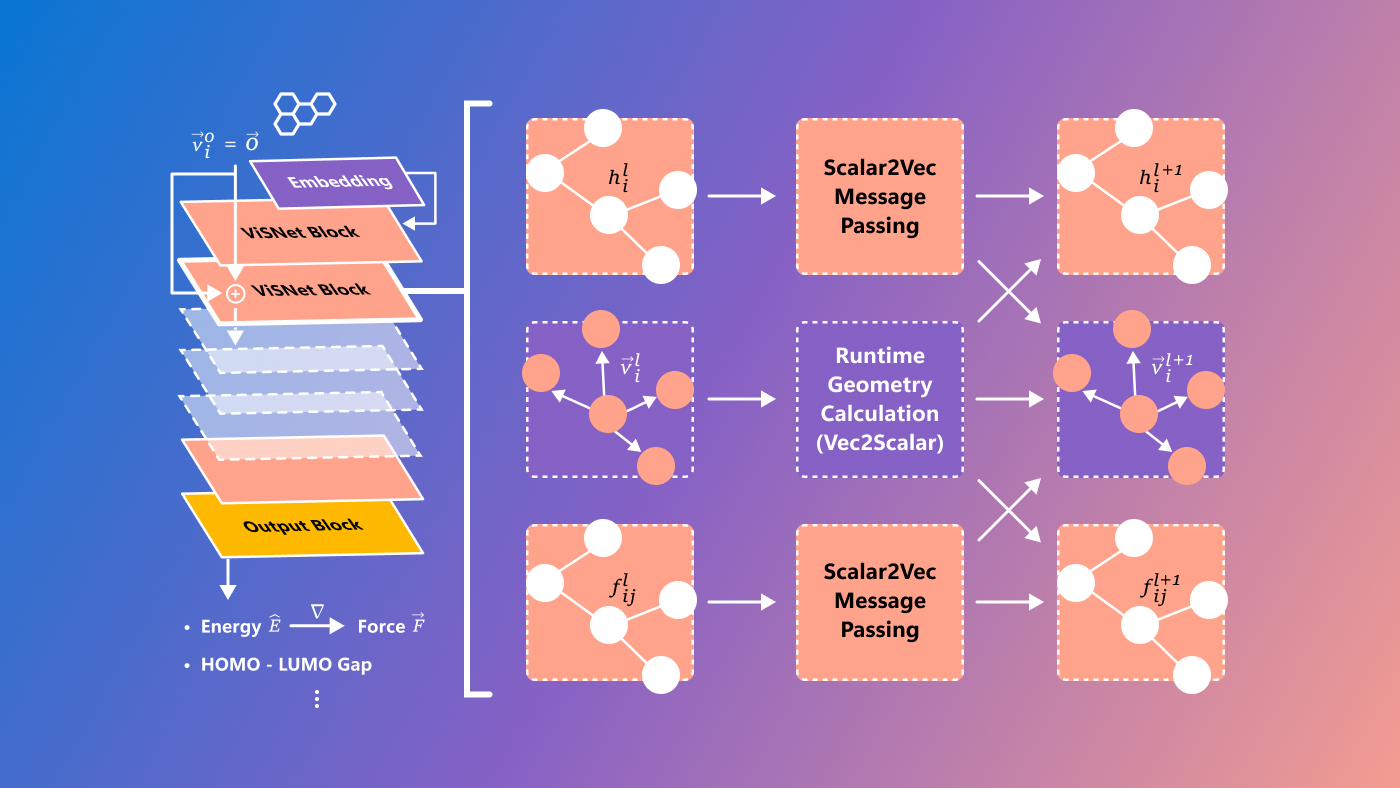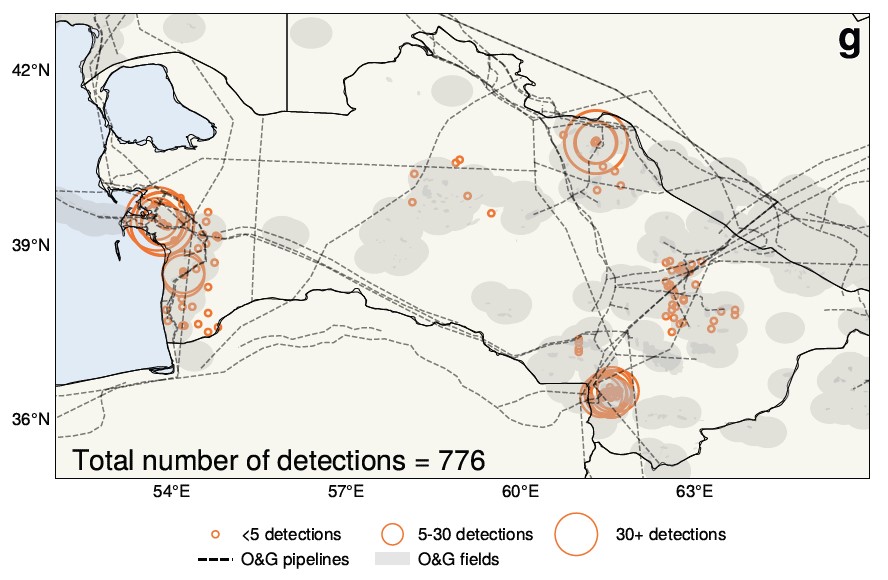This week in artificial intelligence: Midjourney bets it can beat the copyright police
Keeping up with a rapidly evolving industry like artificial intelligence is a daunting task. So until artificial intelligence can do that for you, here’s a handy roundup of the latest stories in machine learning, as well as notable studies and experiments we didn’t cover ourselves.
Last week, Midjourney, an AI startup working on building image (and soon video) generators, took a small, blink-you-by-eyes look at its terms of service related to the company’s policies surrounding intellectual property disputes. You will miss the change. Its main purpose is to replace tongue-in-cheek language with more lawyerly terms, undoubtedly based on case law. But the change could also be seen as a sign of Midjourney’s confidence that AI providers like its own will prevail in court battles against creators whose works contain the providers’ training data.

Changes to Midjourney Terms of Service.
Generative AI models like Midjourney are trained on large sets of examples (such as images and text), often sourced from public websites and web repositories.supplier assertion The legal doctrine of fair use allows for secondary creations of copyrighted works as long as it is transformative, protecting them when it comes to model training. But not all creators agree—especially given a growing body of research showing that models can—and do—regurgitate training data.
Some vendors have taken a proactive approach, signing licensing agreements with content creators and establishing “opt-out” programs for training materials. Others have promised that they will not incur legal fees if customers are involved in copyright litigation due to their use of the vendor’s GenAI tools.
Midway is not one of the initiatives.
Instead, Midjourney has been somewhat shameless in its use of copyrighted works, at one point maintaining a list of thousands of artists, including illustrators and designers for major brands like Hasbro and Nintendo, whose work had been or Will be used to train the model midway. A study shows compelling evidence that Midway also used TV shows and movie series, from Toy Story to Star Wars and Dune to The Avengers, in its training data 》.
Now, there is a scenario where the court’s decision ends up being in Midway’s favor. If the judicial system determines that fair use applies, there’s nothing to stop the startup from continuing to scrape and train on new and old copyrighted material as before.
But it seems like a risky bet.
Midjourney is currently growing rapidly, reportedly reaching approximately $200 million in revenue without a single penny of outside investment. However, lawyers are expensive. If it were decided that fair use didn’t apply in Midjourney’s case, the company would be decimated overnight.
No risk, no reward, right?
Here are some other noteworthy AI stories from the past few days:
AI-assisted ads attract the wrong kind of attention: A creator on Instagram slammed a director because his ad reused someone else’s work without attribution (more difficult and impressive).
EU authorities warn AI platforms ahead of elections: They’re asking the tech sector’s biggest companies to explain their methods of preventing election hoaxes.
Google Deepmind wants your co-gaming partner to be their artificial intelligence: The agent is trained on long-term 3D games to perform simple tasks expressed in natural language.
Benchmarking questions: Many AI vendors claim that their models have met or beaten competitors on certain objective metrics. But the metrics they use are often flawed.
AI2 scores $200 million: The AI2 incubator, which was spun out of the nonprofit Allen Institute for Artificial Intelligence, received a $200 million computing windfall that startups participating in its projects can use to accelerate early-stage development.
India asks government to approve artificial intelligence, then revokes it: The Indian government seems unable to decide what level of regulation is appropriate for the artificial intelligence industry.
Anthropic launches new models: AI startup Anthropic has launched a new model series, Claude 3, which it claims is comparable to OpenAI’s GPT-4. We tested the flagship model (Claude 3 Opus) and found it impressive, but also lacking in areas such as current affairs.
Political deepfakes: A study by the Center for Countering Digital Hate (CCDH), a British non-profit organization, looked at the increasing amount of artificial intelligence-generated disinformation on X (formerly Twitter) over the past year, particularly election-related deepfake images.
OpenAI and Musk: OpenAI said it intends to dismiss all of the claims made by .
Reviewing Rufus: Last month, Amazon announced that it would launch a new artificial intelligence chatbot, Rufus, in the Amazon shopping app for Android and iOS. We got early access, but were quickly disappointed by what Rufus couldn’t do (and do so well).
More machine learning
molecular! How do they work? AI models help us understand and predict molecular dynamics, conformation, and other aspects of the nanoscale world that might otherwise require expensive, complex methods to test. Of course, you still need verification, but things like AlphaFold are rapidly changing the field.
Microsoft has a new model called ViSNet designed to predict so-called structure-activity relationships, the complex relationships between molecules and biological activities. It’s still quite experimental and definitely only for researchers, but it’s always nice to see cutting-edge technological means solving hard science problems.

Image Source: Microsoft
Researchers at the University of Manchester are specializing in identifying and predicting COVID-19 variants, not through pure structures such as ViSNet, but more by analyzing very large genetic data sets related to coronavirus evolution.
“The amount of genetic data generated during the pandemic is unprecedented and requires improvements in our methods to analyze it thoroughly,” said lead researcher Thomas House. His colleague Roberto Cahuantzi added: “Our analysis serves as a conceptual Validation, demonstrating the potential use of machine learning methods as an alert tool for the early detection of emerging major variants.”
Artificial intelligence can also design molecules, and many researchers have signed an initiative calling for safety and ethics in the field.Although as David Baker (one of the world’s foremost computational biophysicists) points out, “the potential benefits of protein design currently far outweigh the dangers.” Well, as a designer of AI protein designers he meeting For example. But nonetheless, we must be wary of regulations that miss the point and impede legitimate research while allowing bad actors freedom.
Atmospheric scientists at the University of Washington have made an interesting assertion based on an artificial intelligence analysis of 25 years of satellite images of Turkmenistan. Essentially, the widely held belief that the economic turmoil following the collapse of the Soviet Union led to lower emissions may not be true—in fact, the opposite may be true.

Artificial intelligence helped find and measure the methane leak shown here.
“We found that, surprisingly, the collapse of the Soviet Union seemed to lead to an increase in methane emissions,” said Alex Turner, a professor at the University of Washington. Huge data sets and a lack of time to sift through them make the subject a natural target for artificial intelligence, leading to this unexpected reversal.
Large language models are trained primarily on English source material, but this may affect their ability to use other languages. EPFL researchers studying LlaMa-2’s “latent language” found that even when translating between French and Chinese, the model seemed to revert to English internally. However, the researchers argue that this is not just a lazy translation process; in fact, the model has built an entire conceptual latent space around English concepts and representations. does it matter? perhaps. Regardless, we should diversify their data sets.
from Tech Empire Solutions https://techempiresolutions.com/this-week-in-artificial-intelligence-midjourney-bets-it-can-beat-the-copyright-police/
via https://techempiresolutions.com/
from Tech Empire Solutions https://techempiresolutions.blogspot.com/2024/03/this-week-in-artificial-intelligence.html
via https://techempiresolutions.com/
Comments
Post a Comment